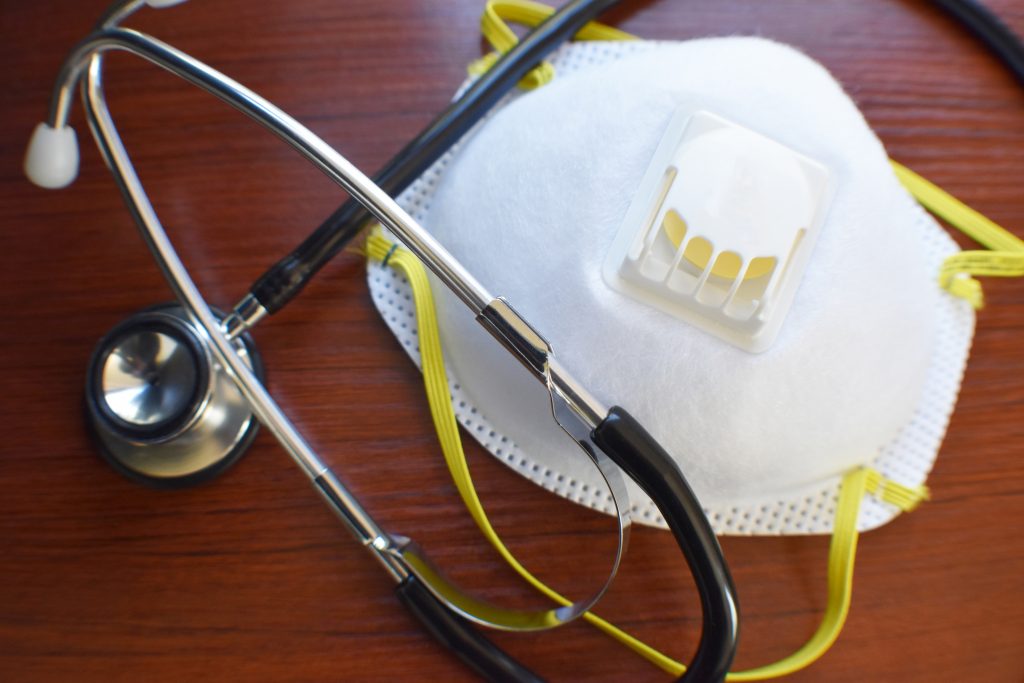Tips for keeping your practice open during a pandemic

As an independent physician, you are also a small business owner. While you are focused primarily on providing quality healthcare to your patients, you also are understandably concerned about maintaining the viability and financial stability of your independent practice during the coronavirus outbreak.
The American Medical Association (AMA) recently posted a checklist of actions that you and your staff can take to keep your independent practice open during the COVID-19 pandemic.
- Implement a process for rapid decision-making and planning. Establish a plan now for how you and your staff will respond quickly and effectively to potential issues such as what to do if a clinician or patient tests positive for COVID-19. Communicate that plan with your staff.
- Understand your insurance coverage. Are you covered for COVID-19 related liabilities? You may be covered under the Department of Health and Human Services (DHHS) Declaration under the Public Readiness and Emergency Preparedness Act for Medical Countermeasures Against COVID-19, which provides liability immunity for activities related to medical countermeasures against COVID-19.
- Evaluate ongoing financial obligations. Review your financial statements and investigate possible alternatives in case of revenue loss. You may be able to request accommodations for debt payment from vendors or creditors if necessary.
- Make a financial contingency plan. Determine how you will continue to keep your independent practice financially stable through the pandemic. Loan options may be available through the Small Business Administration (SBA) or state or local authorities.
- Assess current and future supply needs. You may face challenges in securing certain types of supplies and equipment for your practice during COVID-19. Be prepared by stocking up on supplies you will need in the coming months, whenever possible.
- Understand how to continue business operations. Local orders to stay at home or maintain social distancing could affect your practice. Most medical practices are considered essential businesses, but there may be other complications that you will need to address regarding building access or your staff’s ability to go into the office.
- Consolidate administrative resources, including coding tools. Compile a “quick guide” of essential resources for meeting immediate needs if you or your staff find that you will need to work remotely.
- Manage workflow. Determine whether you need to postpone or reschedule appointments that are not essential during the coronavirus pandemic, to protect your staff and patients and to conserve your supplies.
- Utilize digital health tools. Telehealth is an option for patient visits that will enable you to continue to provide quality healthcare in a virtual setting. Explore options for telehealth and communicate your plans to staff and patients.
Elation Health supports you and your practice as you explore telehealth options. Learn more here.
- Communicate guidelines for employees. Your employees are concerned about the coronavirus pandemic as well. The more you communicate with them, the more you can reassure them about precautions everyone in your practice will be taking. The Centers for Disease Control and Prevention (CDC) has published helpful guidance for you and your staff on how to plan and respond to COVID-19.
- Plan ahead for employee furloughs. Recognize the possibility that your independent practice might not be able to sustain full staffing levels during the pandemic. Understand your legal obligations and requirements regarding employee furloughs and continue to communicate with your staff regarding the situation.
- Stay abreast of new care delivery flexibilities. Regulatory requirements are changing constantly, in response to COVID-19. Assign a staff member to stay current on regulations regarding your practice in your state and local area.
- Prepare for exposure incidents. Understand what to do if a staff member or patient tests positive for COVID-19. The CDC has also provided recommendations on prevention and control for patients with coronavirus.
- Identify and implement COVID-19 specific clinical protocols. Establish protocols for your independent practice regarding symptomatic persons, triage and surveillance, infection control and isolation practices, communication with and reporting to public health authorities, and facility access and security.
